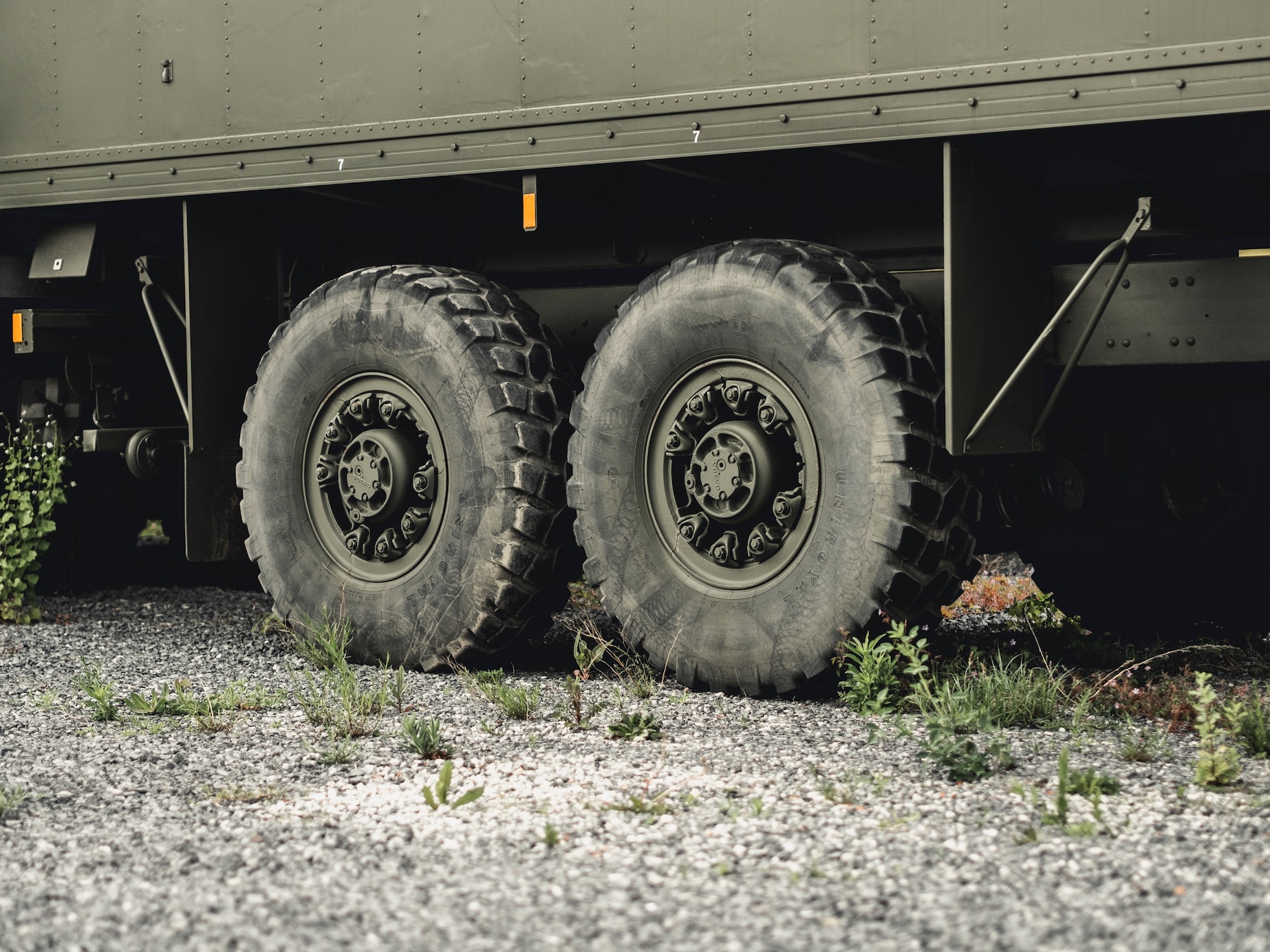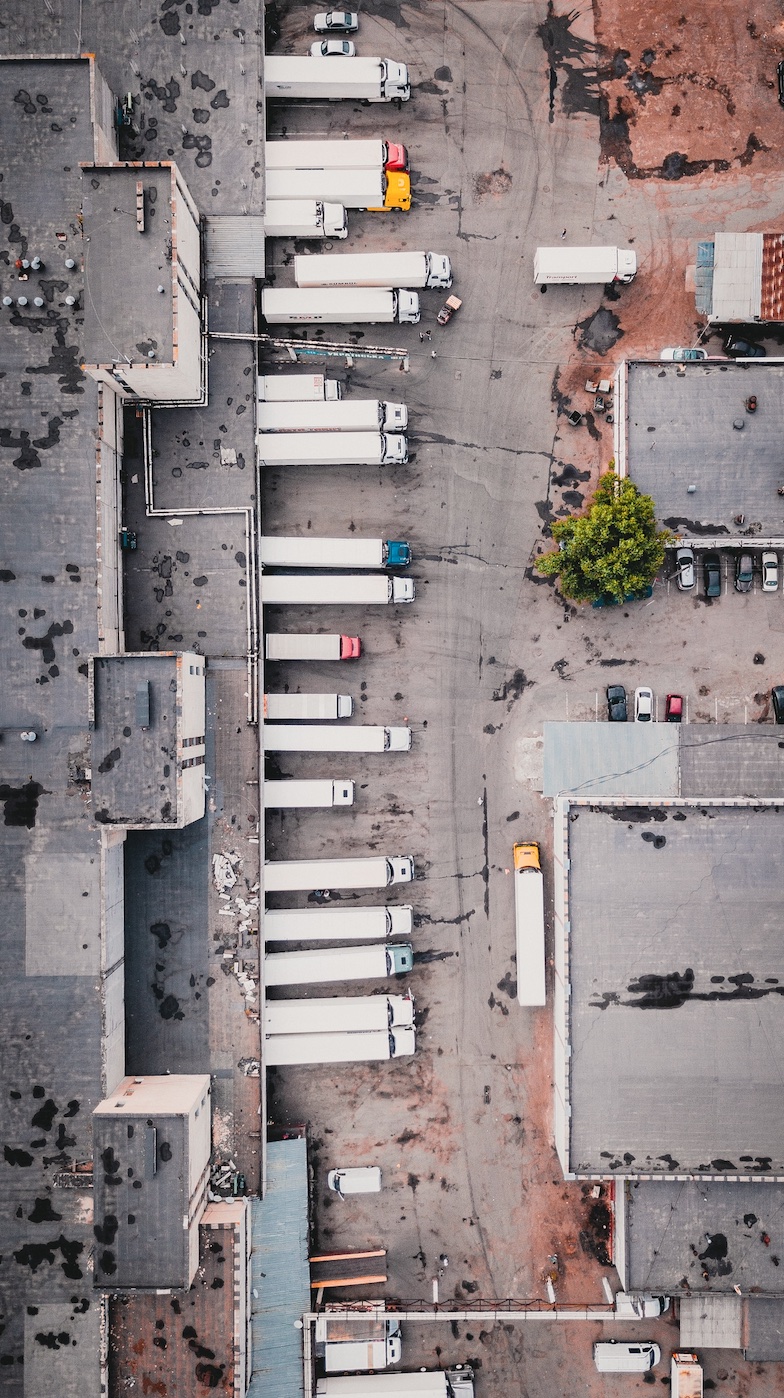A jackknife eighteen-wheeler accident occurs when the cab and trailer skid in different directions.
Semi-trucks, 18-wheelers, and trailers account for roughly a quarter of all traffic in the U.S. While transport remains an important part of the economy, these massive trucks can be dangerous to other drivers, particularly if the transport company and its driver are careless, neglect truck maintenance, or refuse to follow state and federal transportation regulations. In most truck and eighteen-wheeler accidents, the occupants of smaller passenger vehicles are killed or injured. Any type of truck accident, due to its sheer size, can have disastrous consequences for anyone caught in the path of a massive rig. Some of the most frequent types of truck and eighteen-wheeler accidents are as follows:
Semi-Trucks
Commercial vehicles regularly roll over when a driver loses control due to their high center of gravity. Because a tractor-trailer or eighteen-wheeler is almost forty times heavier than a conventional passenger vehicle, and as a result, occupants of smaller cars or SUVs are more likely to suffer serious and fatal injuries if the rig collides with them. Failure to adjust speed to curves in the road, incorrectly loaded cargo, and poorly maintained brakes can all lead to a rollover disaster. Driver inattention, tired truck drivers, and distracted driving are all significant crash causes.
Jackknife: Accidents with Eighteen-Wheeler
A jackknife eighteen-wheeler accident occurs when the cab and trailer skid in different directions. The eighteen-wheeler appears to fold on a hinge and come to rest at an angle to the cab, similar to how a jackknife folds in on itself. As per the NCSA, at least ten percent of all trucking-related deaths are caused by jackknife incidents. Whenever a semi-truck jackknifes, the driver has very little control over their vehicle, which is why the momentum of the accident propels the eighteen-wheeler across the road and into the direction of other vehicles, resulting in serious injuries and fatalities.
Why do these accidents happen?

Some of the possible reasons for these truck accidents include:
- Tire blowout: This can push a trailer or any other large vehicle out of its lane and into the path of oncoming traffic. The great majority of truck tire blowouts occur because of the driver or due to the trucking firm, which failed to examine, repair, or replace the tires regularly. When a blowout leads a trucker to lose control, there’s a high possibility that innocent motorists be wounded or killed.
- Blind Spot: Due to their vast sizes, they require 20 percent to 40 percent extra stopping room than a conventional passenger vehicle. Rear-end collisions can happen in stop-and-go traffic or when an eighteen-wheeler doesn’t have enough time to halt and prevent an earlier collision.
- Compared to a regular automobile, an eighteen-wheeler or other large truck has substantially larger blind zones, and if a trucker can’t see neighboring vehicles when changing lanes or making a wide bend, the truck could hit, crush, or run other drivers off the road.
Carner & Devita has experienced Accident Attorneys with the resources and knowledge to take on the world’s largest trucking and insurance companies and ensure you and your family are fully compensated for all of your losses and injuries.


Join the conversation!